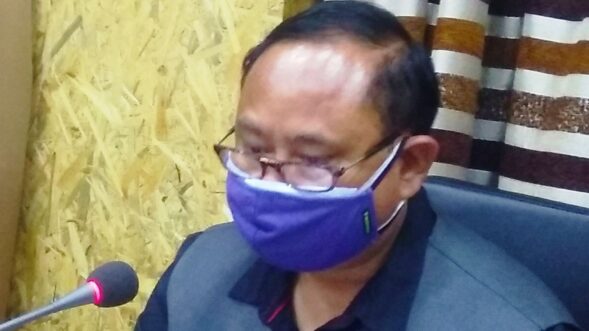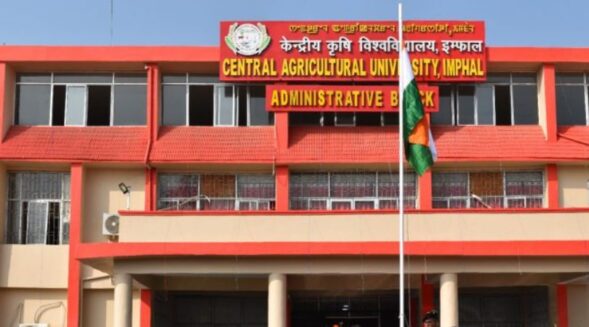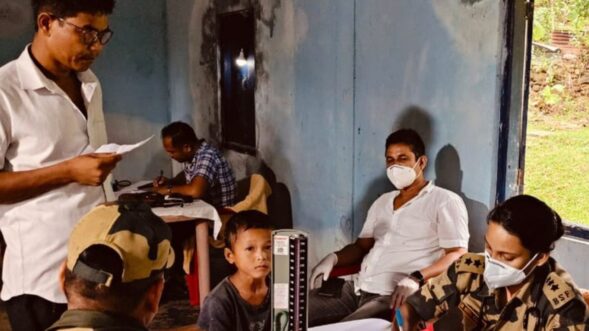
TURA:
Temperatures up to 35–38 ˚C have been beating down Garo Hills for well over a week, prompting authorities to issue an advisory and giving schools the choice of closing down.
The heat wave in the region has left hills and mountains parched and rivers turned into brooks, as the escalating temperature has made life unbearable across the Garo Hills, with the plains being most devastated by rising temperatures.
West Garo Hills Deputy Commissioner Jagdish Chelani told The Meghalayan that an advisory to all schools is being issued on Tuesday morning on the “Dos and Donts” during heat wave conditions and the unfolding summer season.
“A letter will be sent to all schools tomorrow, allowing them to close the schools looking at the local situation and temperature. Additionally, we will take a decision on the closing of schools tomorrow (Tuesday) along with other stakeholders,” informed Deputy commissioner Jagdish Chelani.
The worst affected areas are Dalu–Purakhasia border belt and Phulbari–Rajabala–Tikrikilla plain belt in West Garo Hills; Baghmara in the South; Williamnagar in the East;and Mendipather, Resubelpara and Bajengdoba in the North.
Tura town, the hub of all activity in the Garo Hills, recorded whooping 37 ˚C on Monday noon and the temperature was a notch higher in the lower regions, particularly Araimile–Dakopgre–New Tura.
The rising temperatures have been pushing people in droves to head to nearby streams and rivers to beat the heat,which has also led to casualties, like Sunday’s drowning of a teenager who went to cool himself by the riverside.
The sheer destruction of forests, clearing of forest land through jhumming for cultivation of crops and the large scale plantation of areca nuts all across Garo Hills has resulted in a loss of the natural biodiversity that would have protected against such environmental degradation. Large-scale monocultures have also dried land. Further, the clearing of water-retention trees has left the most vulnerable areas of the state with no barriers against heatwaves.
A major water crisis is currently taking place in Tura and Williamnagar towns, as rivers and streams dry up due to destruction of the catchment areas which have been replaced with plantations.






